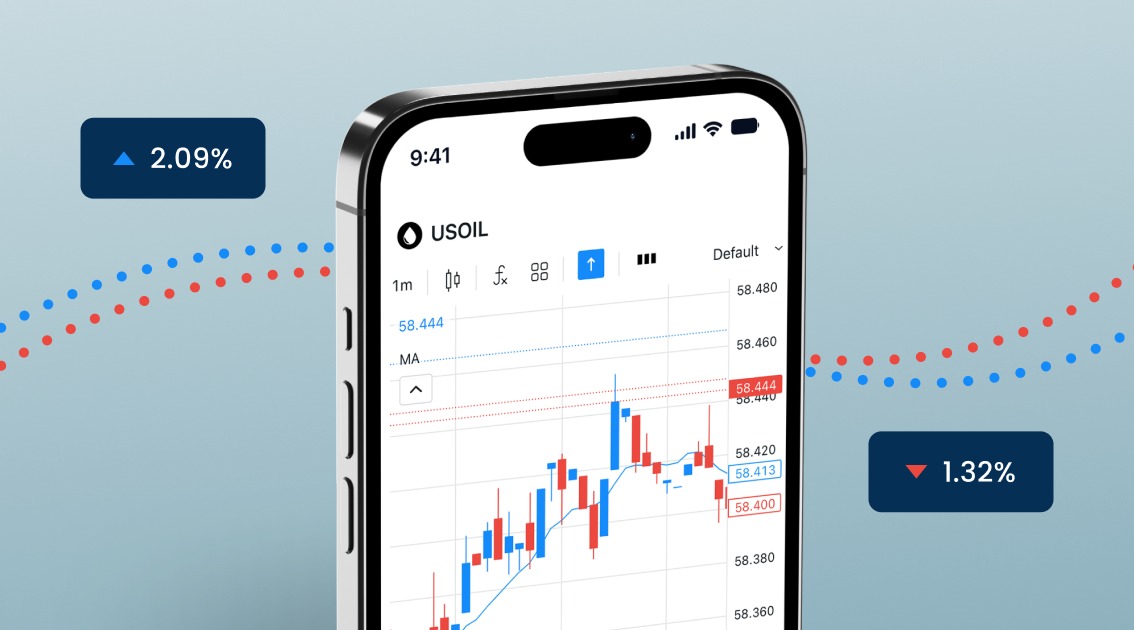The development of India's financial landscape in the digital age has been nothing short of astonishing. Paytm, the country's top digital payment provider, is at the center of this change.
Paytm has played an important role in the path of Digital India, with a desire to build a cashless economy and provide financial services to millions of Indians. In this article, we will look at how Paytm has become a symbol of financial inclusion as well as a driving force in the country's transition to a digital future.
A Vision for Inclusive Growth Through the Digital India Initiative
The Digital India program, which was launched in 2015, sought to harness the power of digital technologies to convert India into a knowledge-based economy.
Financial inclusion was a major pillar of the Digital India effort, which aimed to provide financial services to all Indians, even those in the most distant locations.
Paytm emerged as a vital participant in implementing the vision of Digital India as an early adopter of digital payments, bridging the gap between traditional banking and the unbanked populace.
Paytm's Evolution: From Mobile Recharge to Fintech Superpower
Paytm was started in 2010 as a mobile recharge platform, offering consumers an easy method to top up their phones.
Paytm expanded its services to include bill payments, utility payments, and online shopping after recognizing the potential of digital payments.
The introduction of the Paytm Wallet changed digital payments by allowing users to easily store money and conduct cashless transactions.
Unbanked Empowerment: Financial Inclusion for All
Paytm's digital platform brought financial services to rural areas where there were few traditional bank branches.
It used a mobile-first strategy to reach even the most remote users, using the widespread adoption of smartphones.
Paytm catered to the demands of the unbanked people by facilitating micro transactions like as grocery shopping and public transportation payments.
Paytm Ecosystem: A Complete Financial Hub
Paytm allows users to pay bills like as electricity, gas, and water, as well as recharge their mobile phones and DTH services.
Paytm Mall, Paytm's e-commerce platform, offers a diverse range of products, ensuring users have a pleasant purchasing experience.
Paytm's entrance into financial services includes mutual fund and gold investments, allowing consumers to enhance their wealth.
Demonetization and Digital Payments: A Watershed Moment
The Indian government's demonetization act in 2016 delivered a significant boost to digital payments, with Paytm seeing a rise in customers.
Paytm popularized QR code payments, making it possible for even tiny merchants to accept digital payments without the requirement for a card terminal.
Paytm's simplicity of use and accessibility made it the go-to platform for digital transactions throughout the demonetization period, contributing to India's digital revolution.
Partnerships and Collaborations: Broadening Perspectives
Paytm's collaborations with both offline and online retailers increased its reach and popularity, making it a favored payment option across a wide range of industries.
Collaborations with banks and financial organizations bolstered Paytm's reputation as a dependable and safe digital payment provider.
Paytm collaborated with many government efforts to encourage digital transactions and financial inclusion, like as the Aadhaar-enabled payments system (AEPS).
Ensure User Confidence through Security and Trust
Paytm prioritized security, introducing two-factor authentication and encryption to safeguard consumers' financial information.
Paytm's transparent and user-friendly design aided in the development of trust among users, encouraging them to adopt digital payments with confidence.
Users were additionally reassured by Paytm's proactive commitment to fraud protection and efficient customer assistance.
Paytm's and Digital India's Future
Paytm intends to extend its financial offerings, including insurance and loans, to meet the different demands of its users.
Paytm remains committed to empowering rural people by harnessing technology to close the digital gap.
Paytm is prepared to lead the way in exploring new frontiers as technology improves, such as blockchain-based payments and artificial intelligence.
Empowering India's Global Business Landscape through Blockchain Technology: The Paytm Revolution
As the world becomes increasingly interconnected, blockchain technology emerges as a transformative force, revolutionizing the way businesses operate, and countries engage in international trade. Paytm, with its established presence in the Indian digital landscape, has the potential to spearhead India's journey towards global business empowerment through blockchain technology.
One of the most significant benefits of integrating blockchain technology into Paytm's platform is enhanced security and data privacy. Traditional centralized systems are vulnerable to cyberattacks and data breaches. However, blockchain's decentralized nature ensures that data is encrypted and distributed across multiple nodes, making it virtually impenetrable to hacking attempts. As a result, businesses can confidently engage in cross-border transactions and collaborations, knowing that their sensitive information remains protected.
Moreover, blockchain technology can revolutionize cross-border transactions by simplifying and accelerating the payment process. The current international payment system is often cumbersome, involving numerous intermediaries, high transaction fees, and extended processing times. By implementing blockchain-based solutions, Paytm can provide Indian businesses with real-time, peer-to-peer transactions, eliminating intermediaries and reducing costs. This streamlined process will promote international trade and strengthen India's position in the global market.
In addition to that, the integration of smart contracts on the blockchain can bring unprecedented transparency to business operations. Paytm could facilitate the use of smart contracts, which are self-executing contracts with predefined conditions. These contracts automatically execute when conditions are met, leaving no room for ambiguity or disputes. This feature can be particularly advantageous for international trade, where complex supply chains and legal frameworks often lead to disputes. Smart contracts can foster trust among international partners and facilitate seamless business collaborations.
Lastly, blockchain technology can enhance supply chain management by providing real-time traceability of goods and products. With Paytm's influence and network, Indian businesses can adopt blockchain solutions to track the journey of goods from the source to the end consumer. This level of traceability not only ensures the authenticity and quality of products but also fosters consumer trust, which is crucial for success in the global market. Additionally, by promoting ethical and sustainable practices, Indian businesses can gain a competitive edge in the international arena.
Conclusion
Paytm's path demonstrates the transformative power of digital payments and their ability to empower millions of individuals. Paytm, as a pioneer in the fintech industry, has not only transformed digital payments, but has also made important contributions to Digital India's financial inclusion program.
Paytm continues to influence the future of digital payments with its user-centric strategy, comprehensive security measures, and constant dedication to innovation, paving the road for a genuinely cashless and inclusive economy. Paytm acts as an example for other companies in the fintech ecosystem as the success story of Digital India, supporting the conviction that technology-driven financial solutions can positively touch lives and promote economic growth.

















